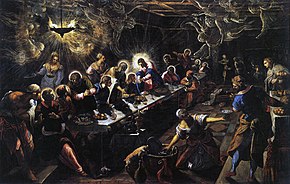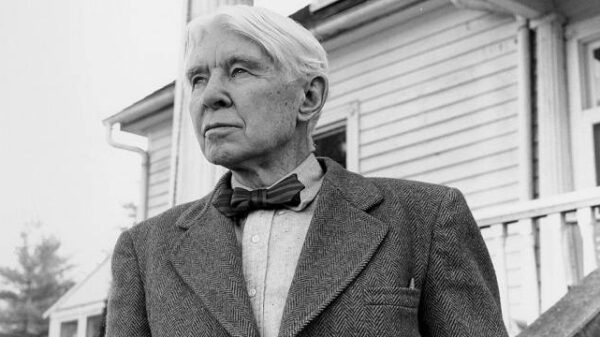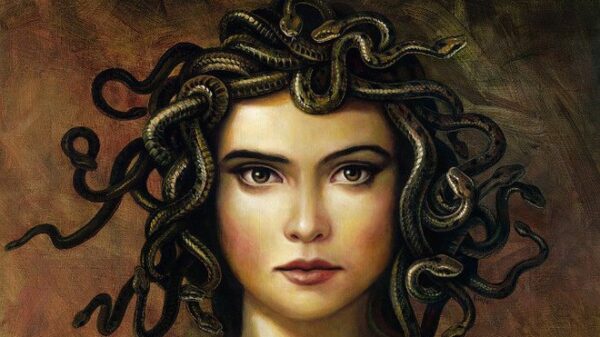The year 1582 was full of big changes that still affect us today. One of the most important events was the introduction of the Gregorian calendar by Pope Gregory XIII. Before this, the Julian calendar had been used, but it wasn’t accurate, and the seasons were slowly drifting out of sync with the calendar.

To fix this, Pope Gregory decided to drop ten days from October that year. In countries like Italy, Spain, and Portugal, October 4 was immediately followed by October 15. This change helped to line up the calendar with the seasons again and made sure that holidays like Easter stayed in the right time of year. Some countries were quick to accept the new calendar, while others took centuries to adopt it.
Read Also: The History Behind Death Penalty
Far away in Japan, 1582 was a dramatic and chaotic year as well. Oda Nobunaga, one of Japan’s most powerful leaders, was betrayed by his own ally, Akechi Mitsuhide. Trapped in the Honnō-ji temple, Nobunaga chose to die rather than be captured.
His death was a huge shock, as he had been working to unite Japan during a time of constant fighting between warlords. After his death, his successor, Toyotomi Hideyoshi, stepped up to continue his work. The betrayal and Nobunaga’s death remain one of the most talked-about moments in Japanese history.
Read Also: The Story Behind The Making Of ‘Lamborghini’ Car Brand
In Europe, the Livonian War was still raging in 1582. This conflict involved Russia, led by Tsar Ivan IV, and the Polish-Lithuanian Commonwealth.
They were fighting over control of the Baltic region, which was important because it had key trade routes and ports. The battles were fierce, and the outcomes shaped the future of these nations for many years. It wasn’t just a war over land but also over economic and political power.
Poet Nazir is a writer and an editor here on ThePoetsHub. Outside this space, he works as a poet, screenwriter, author, relationship adviser and a reader. He is also the founder & lead director of PNSP Studios, a film production firm.









